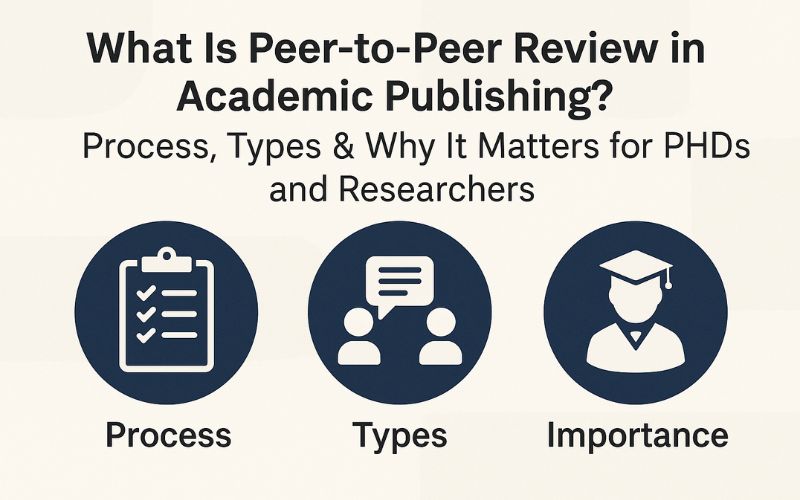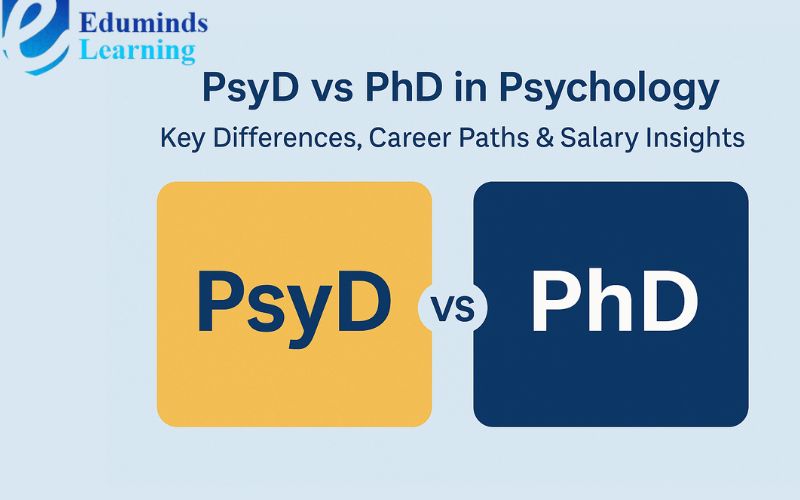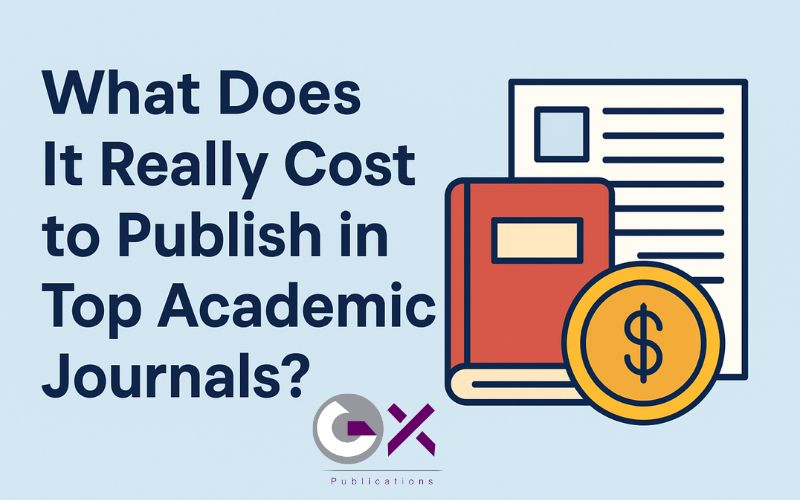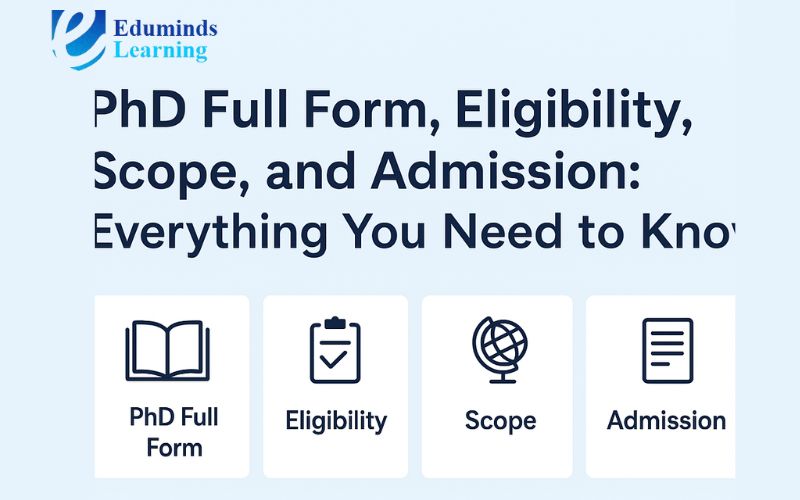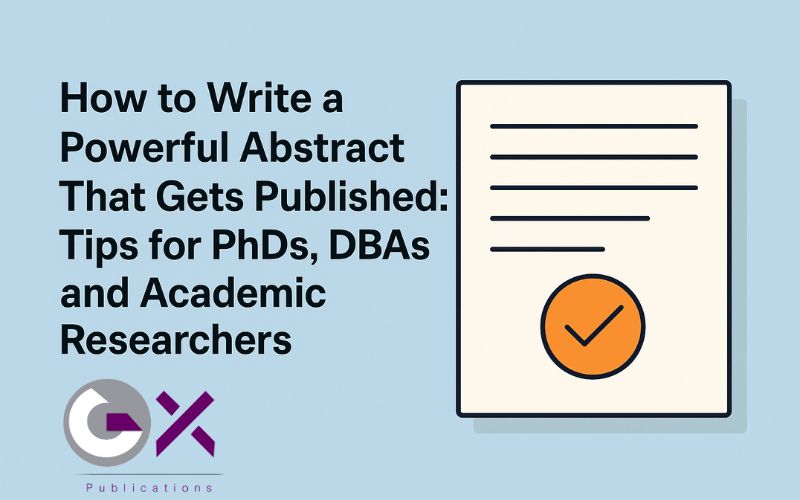Best Scholarly Journals and Academic Magazines to Publish in 2025
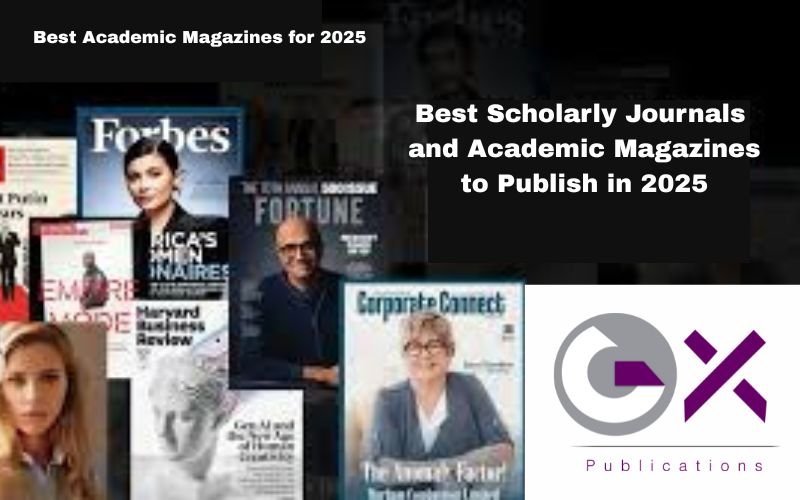
Strong 8k brings an ultra-HD IPTV experience to your living room and your pocket.
Publishing your research in the right journal can help more people see your work. It also supports your academic career. Whether you’re a PhD student, a professor, or a researcher, knowing where to publish matters.
There are hundreds of magazines and journals that fight for attention annually. Not all of them are appropriate for your vocation or goals, however. There are those that are geared to education, others to business, science, and social studies. There are those that respond slowly. There are also those with less strict submission policies.
This guide will help you identify the top scholarly journals and academic magazines to publish in 2025. It identifies credible names like The Chronicle of Higher Education, Times Higher Education, and the likes that are well-known in the academic world.
If you're stuck on your thesis, writing a research article, or having your ideas heard, this list is for you. You'll learn where to submit it, what to expect, and how to locate the right readers.
Why Choosing the Right Journal Matters in 2025
It's not only about publishing your research. Where you publish matters in how people view your work.
The right journal or magazine can:
• Help more people find and read your research
• Boost your chances of getting cited
• Support your career as a researcher or professor
• Build trust in your ideas
Some journals are well-known. Others are not. If you publish in a trusted journal, your work stands out.
Many early-career researchers don’t know how much this matters. They often submit to the first journal they see. But not all journals are equal. Some are fake or don’t review your work properly.
In 2025, there are more journals than ever. But many don’t have strong peer review or indexing. This makes it harder for your work to reach the right people.
Take time to check:
• Is the journal indexed (like in Scopus or Web of Science)?
• Does it have a real peer review?
• Is it known in your subject?
Making the right choice helps you grow as a scholar. It also protects your work from getting lost or ignored.
Key Criteria for Evaluating Scholarly Journals & Magazines
Before sending your work to a journal or magazine, check if it meets the right standards. Not all publications are equal. Some help your research get noticed. Others may not.
Here’s what to look for:
• Peer Review
Make sure the journal reviews all papers before publishing. This helps keep the content honest and reliable.
• Reputation and Reach
Check if respected scholars read or mention it. Google the name and see how often it shows up.
• Indexing
Look for journals listed in places like Scopus, Web of Science, or Google Scholar. These lists make your work easier to find.
• Publication Time
Find out how long it takes from submission to publishing. Some journals take months. Others are faster.
• Subject Match
Make sure the journal fits your field. If you're a business researcher, avoid sending your paper to a science journal.
• Open Access or Paid
Some journals are free to read. Others charge fees. Know what you’re getting into.
Choosing the right journal can help your research go further. Take time to pick the one that fits your goals.
Top Scholarly Journals and Academic Magazines to Consider in 2025
Selecting an effective academic magazine or journal is essential to getting your work the exposure and credibility it deserves. Some of the top scholarly journals and academic magazines that postgraduate researchers, lecturers, and academic experts should keep an eye out for in 2025 are the following:
1. The Chronicle of Higher Education
One of the most highly regarded sources in academia, The Chronicle of Higher Education covers a wide range of higher education topics—everything from faculty careers and university policy to research advances. It's especially valuable for senior scholars and institutional leaders interested in engaging with thought leadership and policy discussions.
2. Times Higher Education (THE)
Times Higher Education is well known globally for its university rankings and analysis of higher education. It publishes news, analysis, and features that will be of interest to an international readership of scholars and academic managers. Publication with or citation in THE can enhance your scholar profile, especially for international collaboration and institutional reputation.
3. Education Week
Education Week is a trustworthy source of K–12 and higher-education news, research, and trends. Opportunities exist for researchers of public policy and education to publish analysis and opinion articles. Appropriate for readers with an interest in educational leadership, curriculum design, or systemic issues in education systems.
4. University Business
Dedicated to the commercial side of postsecondary education, University Business is perfect for practitioners and researchers studying such topics as campus technology, finance, buildings, and educational management innovation. It's especially useful for DBAs and researchers who want to make a difference in decision-making at institutions.
5. GlobalX Publications
A fast-growing research publishing platform catering to PhDs, DBAs, and lecturers across the world. GlobalX Publications offers hassle-free submission of articles and theses, indexing guidance, and field-specific publication support. It is an ideal choice for both novice researchers and seasoned researchers seeking authentic and efficient publication assistance.
Benefits of Publishing in International Academic Journals
Publishing your research in international journals helps more people read and respect your work.
It also shows that your research meets high academic standards.
Here are some clear benefits:
• Wider Reach
International journals have readers across the world. More people will see your ideas, not just in your country.
• More Citations
When more people read your work, other researchers are more likely to mention it in their own papers.
• Better Career Growth
Publishing in well-known journals helps you stand out when applying for academic jobs or promotions.
• Stronger Academic Record
A history of international publishing shows that your research is trusted by experts. It also builds your name in your subject area.
• Opens Global Opportunities
It may lead to research funding, invites to speak at events, or working with other scholars.
Publishing in international journals is a smart way to grow your career, share your research, and make a real impact.
Tips for Submitting to Top Journals in 2025
Getting published in a top academic journal takes planning. It’s not just about writing well—it’s about knowing what editors expect.
Here are clear tips to help you succeed:
• Read the journal’s guidelines. Each journal has its own rules. Follow them closely.
• Pick the right journal. Make sure your research fits the journal’s topic and style.
• Write a strong title and abstract. These are the first things editors and readers see. Keep them short and clear.
• Check for grammar and spelling. Small errors can make a bad first impression.
• Use trusted sources. Cite recent and relevant research to support your work.
• Get feedback. Ask your mentor or a colleague to review your draft.
• Avoid plagiarism. Use your own words and ideas. Always credit others.
• Be patient and honest. The review process takes time. Don’t send the same paper to many journals at once.
These simple steps can help your paper stand out and get accepted.
Final Thoughts: Your Publishing Journey Starts Now
Sharing your work is not only essential — it's how you get to share with the world. If you're finishing your PhD, launching your academic career, or working with students as a senior scholar, getting the right journal matters.
You don’t need to feel overwhelmed. Start by asking:
• Who do I want to reach?
• What type of journal matches my topic?
• How can I improve my draft before submission?
Take it one step at a time.
There are many journals and magazines waiting for work like yours. GlobalX Publications, along with other trusted names, offers real chances to get published.
Start today. Prepare your work, follow the tips, and take the next step with confidence.
Your research has value. Let others read it.
Note: IndiBlogHub features both user-submitted and editorial content. We do not verify third-party contributions. Read our Disclaimer and Privacy Policyfor details.



